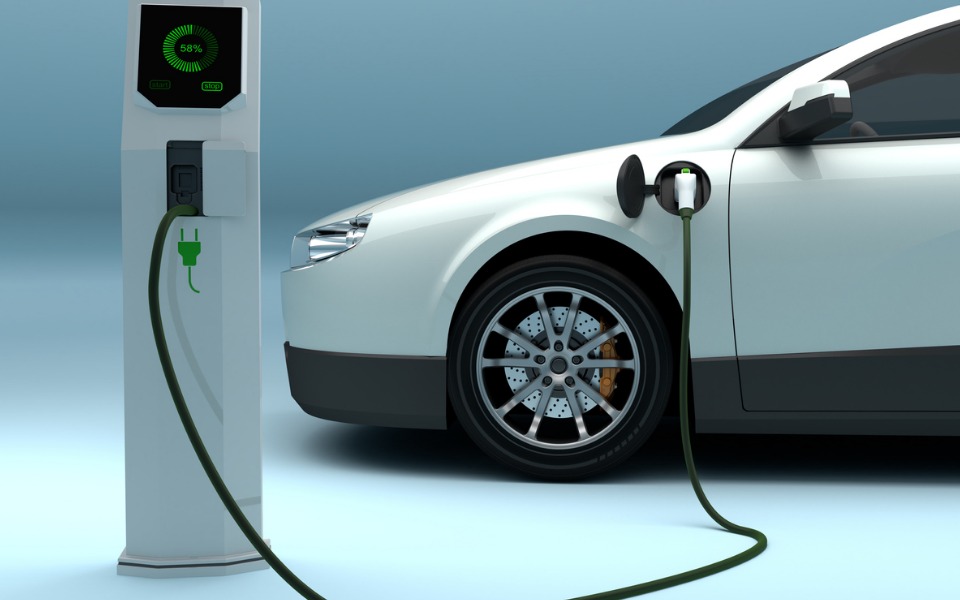
Over 13 lakh electric vehicles in use in India; UP has highest: Centre

India has over 13.34 lakh electric vehicles (EVs) and 27.81 crore non-electric vehicles in use, according to the Union government.
Union minister of state for heavy industries Krishan Pal Gurjar gave this information in a written reply to the Lok Sabha on Tuesday (July 19).
Also read: Fires just a flicker? Sales, hirings indicate EV sector is fully charged for growth
According to the Vahan portal, Uttar Pradesh has the highest number of EVs at 3,37,180 as of July 14. Delhi is in second place with 1,56,393 EVs followed by Karnataka with 1,20,532 units. Maharashtra is the other state which has more than 1 lakh EVs (1,16,646).
The total number of EVs in India is 13,34,385 while non EVs is 27,81,69,631.
As per the data, there were 1,61,313 EVs in India in 2019, and 1,19,651 in 2020. In 2021, it more than doubled to 3,11,423, and in 2022 so far (till July 14), 4,19,274 EVs were registered.
Also read: Tata Motors delivers 712 EVs to individual customers in single day
The complete data of Andhra Pradesh, Madhya Pradesh, Telangana, and Lakshadweep is not available in Vahan4, hence they are not included, the minister said.
In April, the government said India has more than 10 lakh registered electric vehicles (EVs) and over 1,500 public charging stations (PCS), as of March 25.
The Ministry of Heavy Industries said it has sanctioned 520 EV charging stations out of which 479 have been installed as of July 1. Delhi has the highest number of charging stations with 94.
Also read: Prices of EVs to match those of petrol vehicles in 2 years, says Gadkari
The ministry added that it has sanctioned 2,877 EV charging stations in 68 cities across 25 states/UTs, out of which 50 charging stations have been installed as of July 1. Also, 1,576 EV charging stations across nine expressways and 16 highways have been sanctioned.
“The government has taken various steps to promote the use of electric vehicles in India,” the minister said.
“The government introduced the Faster Adoption and Manufacturing of (Hybrid &) Electric Vehicles in India (FAME India) Scheme in 2015 with an aim to reduce dependency on fossil fuel and to address issues of vehicular emissions. At present, Phase-II of FAME India Scheme is being implemented for a period of five years from April 1, 2019 with a total budgetary support of ₹10,000 crore.
“The government on May 12, 2021, approved a Production Linked Incentive (PLI) scheme for manufacturing of Advanced Chemistry Cell (ACC) in the country in order to bring down prices of battery in the country. Drop in battery price will result in cost reduction of electric vehicles,” he added.
Also read: Why electric scooters could catch fire, and how you can avoid that
Electric Vehicles are covered under Production Linked Incentive (PLI) scheme for automobile and auto components, which was approved on 15 September 2021 with a budgetary outlay of ₹25,938 crore for a period of five years.
GST on electric vehicles has been reduced from 12% to 5%; GST on chargers/ charging stations for electric vehicles has been reduced from 18% to 5%.
The Ministry of Road Transport & Highways (MoRTH) announced that battery-operated vehicles will be given green license plates and be exempted from permit requirements. The ministry also issued a notification advising states to waive road tax on EVs, which in turn will help reduce the initial cost of EVs, the minister said.

